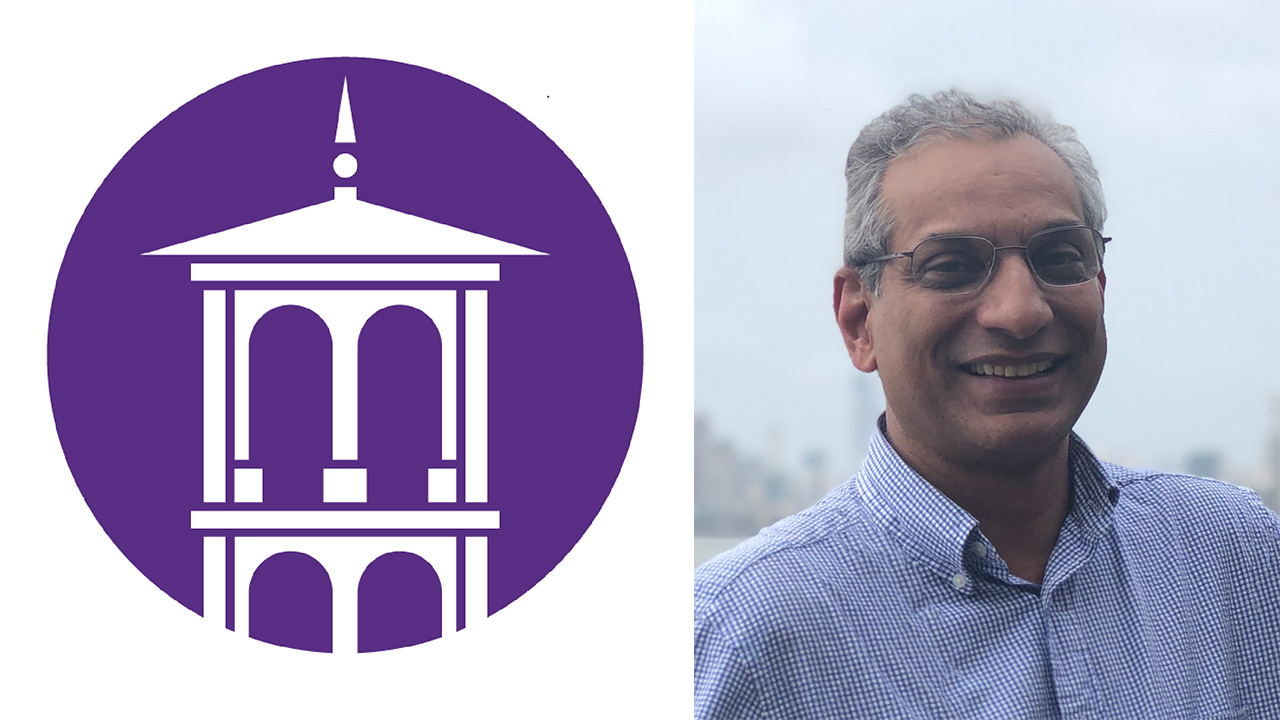The Economic Impact of COVID
Presented on: Thursday, September 24th at 12:00 PM EDT
Register View Upcoming Events View Past Event Recordings
The year 2020 shook the global economy like no other. On January 30, 2020, the World Health Organization declared the outbreak the Novel Coronavirus Disease, COVID-19, and a global pandemic was afoot. Countries around the world quickly announced complete lockdowns to combat the virus. The impact of the virus has been devastating not just to those struck by this deadly disease, but on the entire manufacturing and services economy the world over and hence on the economic systems of every single country. The COVID-19 shock is a reminder of the interconnectedness of our global economy, and particularly of the increasing importance of such supply-side shocks as economists refer to them in the global supply chain. There is mostly agreement among economists that the COVID-19 shock has depressed the US economy much worse than the Great Recession of 2007-08, evidenced by the negative thirty-two percent annualized fall in Real GDP growth data released by the US Bureau of Economic Analysis in July. The long-term impact on the US economy could well be Great Depression like, which lasted from 1929 to 1939. Kailash Khandke is the Frederick W. Symmes Professor of Economics. Dr. Khandke joined the Furman faculty in 1995. He received his Ph.D., in Economics from the University of California Davis. His research interests include voting behavior with a focus of macroeconomic electoral cyclical behavior. His research also includes development and trade issues as they relate to Asia. Dr. Khandke’s teaching includes International Trade, Macroeconomic Theory, Growth Economics, and Money & Banking. Quinton White '08 is an economist in the Office of Tax Analysis at the U.S. Treasury Department. He received his doctorate in Economics from the University of North Carolina in Chapel Hill in 2020 and graduated from Furman University in 2008 after majoring in Economics and Sociology. Prior to pursuing a PhD, he worked in Business and Football Operations for the Miami Dolphins and as a statistician at the U.S. Census Bureau. Quinton is married with two children.

